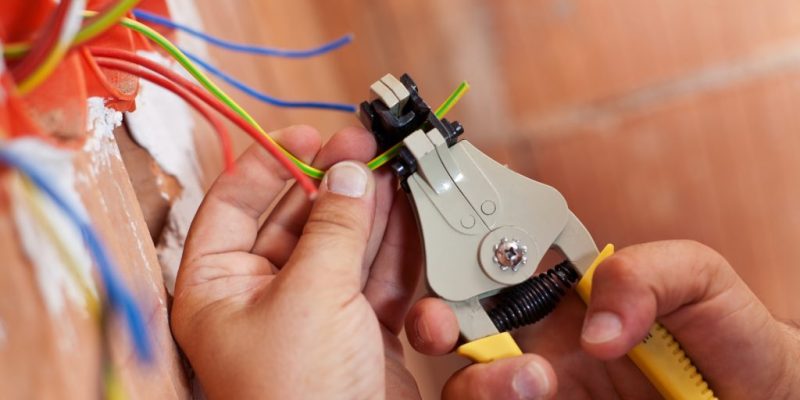Determining whether your home’s wiring requires simple repairs or a complete rewire is a critical decision that affects not only the safety and functionality of your electrical system but also the overall value and insurability of your property. Older homes may have outdated wiring that does not meet modern electrical codes or support current electrical demands. For professional assessment and services, DFW Electrician & HVAC offers expert guidance and solutions. When evaluating the state of your home’s wiring, there are various essential factors to consider. These factors can help you determine whether your wiring needs to be repaired or replaced.
1. Age of Your Home
The age of your home is a significant indicator of the state of its electrical wiring. Homes built more than 30-40 years ago may not only have outdated wiring but also lack the capacity to handle today’s electrical loads. Older wiring systems, such as knob and tube or aluminum wiring, can pose safety risks and are often incompatible with modern appliances and devices.
2. Signs of Electrical Problems
Certain signs can indicate your wiring may need repair or replacement:
- Frequent breaker trips or blown fuses suggest your system is overloaded.
- Flickering or dimming lights when using appliances can indicate inadequate power supply.
- Discolored outlets, switches, or the smell of burning plastic can signal dangerous overheating.
- Buzzing sounds from outlets or switches are signs of faulty wiring connections.
3. Renovations and Additions
If you’re planning renovations that involve significant changes to your home’s layout or adding high-power appliances, your existing wiring may be insufficient. Upgrading or expanding your electrical system can ensure it safely supports these changes.
4. Electrical Inspections
A professional electrical inspection can provide a comprehensive assessment of your home’s wiring condition. Licensed electricians, such as those from DFW Electrician & HVAC, use specialized tools to test the safety and functionality of your electrical system, identifying any areas that require repair or a complete rewire.
5. Aluminum Wiring
Homes constructed during the 1960s and 70s may contain aluminum wiring, which has a higher risk of overheating and causing fires compared to copper wiring. If your home has aluminum wiring, a complete rewire with copper wiring may be recommended for safety.
6. Capacity for Modern Electrical Demands
Today’s homes require more power than ever before. If your electrical system struggles to support the use of multiple devices simultaneously, it may be time to upgrade. A system unable to meet current demands poses safety risks.
7. Upgrading for Safety and Efficiency
Even if your wiring isn’t causing immediate problems, upgrading can improve safety, efficiency, and the value of your home. Modern electrical systems include enhanced safety features like AFCI (Arc Fault Circuit Interrupter) protection, which can prevent electrical fires.
Conclusion
Deciding between repairing or rewiring your home requires careful consideration of the age of your home, the presence of any electrical problems, and your future power needs. Consulting with a professional electrician for an inspection and assessment of your home’s electrical system is crucial. DFW Electrician & HVAC provides expert services to ensure your electrical system is safe, efficient, and capable of meeting your needs. Whether your home requires minor repairs or a complete rewire, professional guidance can help you make an informed decision to protect your property and loved ones.



